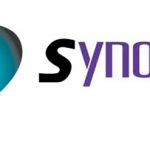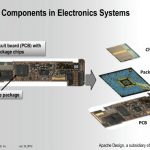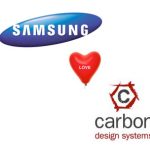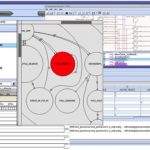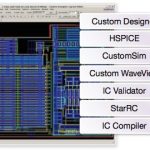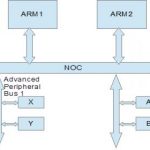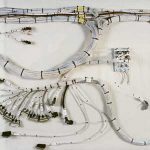In this tough economy you may find yourself displaced and looking for the next opportunity. If you’d like to add some new EDA tool skills, then check out what EMA Design Automation is offering with free Cadence OrCAD training.… Read More
Tag: eda
Synopsys-Springsoft: Almost Done
Synopsys announced today that they had completed the two main hurdles to acquiring SpringSoft. Remember, SpringSoft is actually a public Taiwanese company so has to fall in line with Taiwanese rules. The first hurdle is that they have obtained regulatory approval in Taiwan for the acquisition (roughly equivalent to FTC approval… Read More
Chip-Package-System Webinar
Aveek Sarkar presented a webinar on chip-package-system (CPS) earlier this summer. One of the big challenges with low-power electronic systems is that the performance, power and price goals are mutually conflicting. It’s like the old joke about “pick any 2”. But for a real system all need to be optimized. … Read More
Samsung Invests in Carbon
I’ve talked before about how venture capitalists will no longer invest in EDA companies since the prospect for a huge return just isn’t there any more. By big return I mean an acquisition at hundreds of millions of dollars, like SPC, CCR, Ambit, Cadmos, Simplex. But we all know that chips cannot be designed without software… Read More
17th Si2 Conference – October 9 – Santa Clara, CA
This conference will begin with a keynote address by my good friend Jim Hogan, EDA industry pioneer and venture capitalist. Jim has worked in the semiconductor design and manufacturing industry for more than 35 years and is very candid about his experience and vision for the future of EDA. This keynote and Q&A alone is worth … Read More
Verifying Finite State Machines
Finite state machines (FSMs) are a very convenient way of describing certain kinds of behavior. But like any other aspect of design, it is important to get everything right. Since finite state machines have been formally studied, there is a lot of knowledge about the types of bugs that a finite state machine might exhibit.
When flipflops… Read More
Have You Ever Heard of the Carrington Event? Will Your Chips Survive Another?
In one of those odd coincidences, I was having dinner with a friend last week and somehow the Carrington Event came up. Then I read a a piece in EETimesabout whether electrical storms could cause problems in the near future. Even that piece didn’t mention the Carrington Event so I guess George Leopold, the author, hasn’t… Read More
Custom IC and AMS Tool Flow with Synopsys
The big three EDA companies all have Custom IC and AMS tool flows as shown in the following comparison table:… Read More
Hardware Intelligence for Low Power
Low power is the hottest topic these days. The designers of hardware and software are trying to find instances where they can save power . This article tries to identify the role that can be played by the hardware which traditionally it is always software who drives it.… Read More
Wiring Harness Design
In 2003 Mentor acquired a company doing wiring harness design. Being a semiconductor guy this wasn’t an area I’d had much to do with. But more than most semiconductor people I expect.
But back when I was an undergraduate, I had worked as a programmer for a subsidiary of Philips called Unicam that made a huge range of spectrometers… Read More



